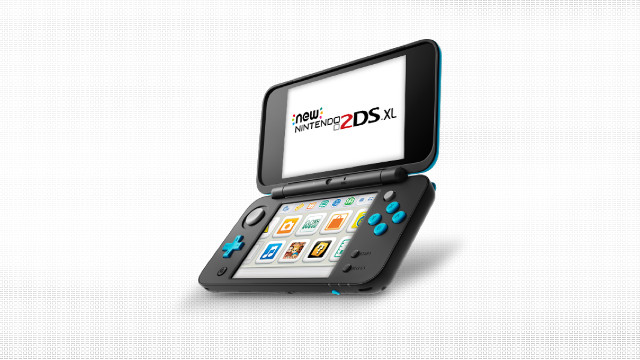After nine years on the market, the Nintendo 3DS has ended production. The illustrious handheld kept Nintendo afloat during the dark days of the Wii U, and its successor, the Switch, has propelled the venerable gaming company to its most profitable period yet. Fortunately, even though the 3DS is no longer being manufactured, owners don’t have to…

Atlas is an action-rpg with rogue-like elements where you use your ability to control the ground to fight the enemies and move through procedurally generated worlds.










